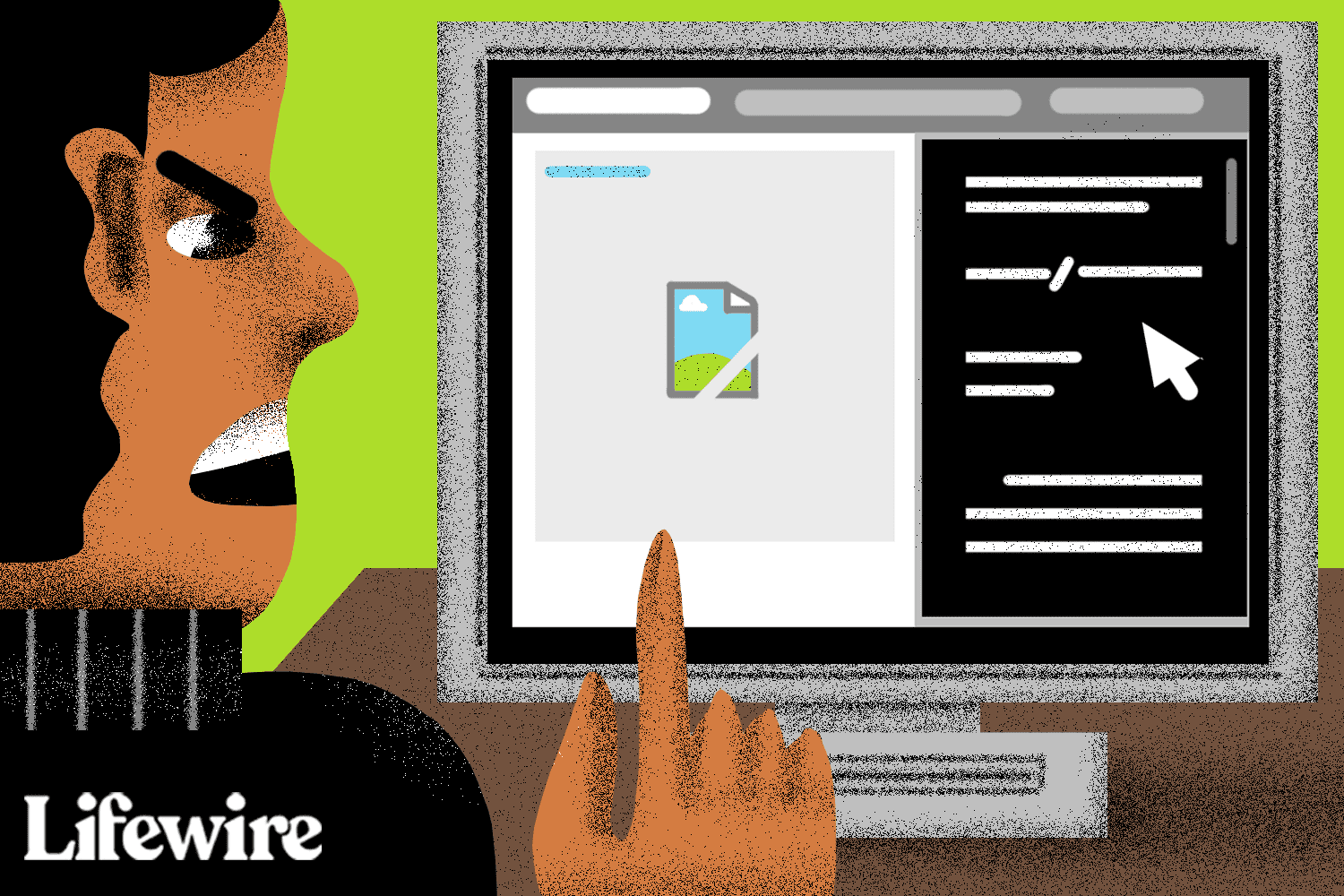Culture columnists frequently encounter image upload errors that disrupt workflows. Preventing these issues requires attention to technical details. Avoid common pitfalls with these targeted solutions.
Format Fumbles
Uploading incompatible file types causes instant rejection.
- Stick to Standard Formats: Use universally accepted formats: JPEG (.jpg/.jpeg) for photographs, PNG (.png) for graphics with transparency.
- Avoid Exotics: Avoid niche formats like PSD, TIFF, or BMP unless explicitly required.
Size and Dimension Disasters
Oversized files or images exceed platform limits.

- Compress for Efficiency: Resize images appropriately for web display (typically 2000px on the longest side is sufficient). Use image optimization tools.
- Respect File Size Caps: Know the platform's maximum upload size (e.g., 5MB, 10MB). Compress files using software or online tools.
- Mind Aspect Ratios: Ensure images fit expected layouts to prevent awkward cropping.
Metadata Mayhem
Hidden data can cause conflicts or bloat file size.
- Strip Sensitive Data: Remove location tags (EXIF GPS data) before upload for privacy and security.
- Reduce Metadata Bloat: Clear unnecessary EXIF/IPTC data (like detailed camera settings) to reduce file size. Use image editing software.
Corruption and Permissions
Damaged files or locked permissions block uploads.
- Verify File Integrity: Open and inspect images in editing software before uploading. A thumbnail error often indicates corruption.
- Check Ownership: Ensure you have read/write permissions for the file and that it's not "locked" by your system.
Character Crashes
Special characters cause system errors.
- Simplify Filenames: Use only letters, numbers, hyphens, and underscores. Avoid spaces, accents, &, %, $, etc.
Proactively managing these technical aspects ensures smooth image uploads, letting columnists focus on compelling cultural storytelling.











